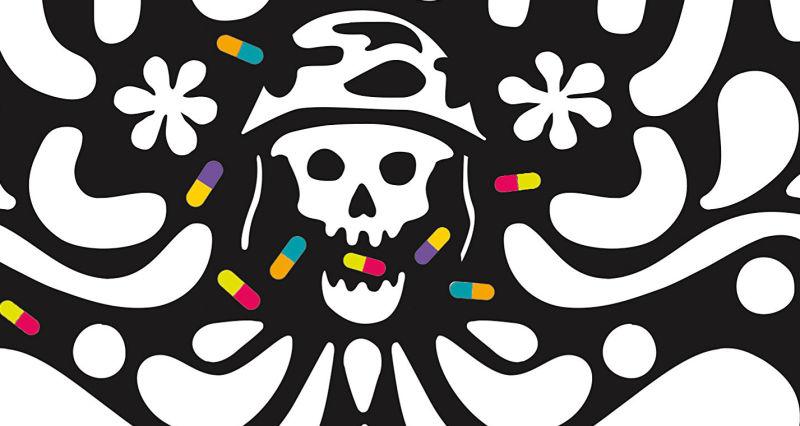Hystopia by David Means - book review: Reads like a self-indulgent mess
While feeling disorientated can be an important part of reading fiction, the time and attention a work demands from its readers must be rewarded

Faber & Faber
£16.99
David Means is one of the most respected writers of short stories in America today. Now, at 54, he’s produced what his publishers are calling his “highly anticipated first novel.” The result is a work of ambitious, unruly, berserk counter-historical fiction, in which three words are consistently deemed better than one.
It’s set at the end of an imagined 1960s when deranged Vietnam War veterans are running amok and President John F. Kennedy is serving his third term in office, a time when: “The Year of Love was turning itself over to the Year of Hate… Ideals were falling neatly to the wayside, one at a time, and giving over to violence.”
Hystopia begins with an “Editor’s Note” which sets up the conceit: 22-year-old Eugene Allen, who committed suicide after returning from fighting in Vietnam, has left behind a novel which is based on his experiences as a veteran and includes a cast of troubled characters drawn from his own life. Allen’s novel is the bulk of Means’ novel; it’s merely bookended by fifty-odd pages of testimonies from people who knew Allen, suicide notes written by him and other fairly well-worn metafictional tricks.
At the outset of Allen’s novel, Rake, a Vietnam vet, kidnaps a young woman, Meg, and rampages across Michigan. Rake robs a man then shoots him “point-blank, producing a spongy, wet sound and an outbound spew of bone and blood hit the wall…” Rake is a psychopath to rival Anton Chigurh from Cormac McCarthy’s No Country for Old Men, except that, whereas Chigurh’s nastiness was at least partly primeval, Rake is very much a symptom of his times.
He’s also a fan of The Stooges and, in one of Means’ best images, Rake pictures Iggy Pop’s “shiny torso twisting around and his ribs sticking out as he crucified himself on his own tune.”
Crucially, Rake is a “failed enfold”, a Vietnam vet who’s taken the government-issued drug Tripizoid in an attempt to suppress his traumatic memories of conflict. The “enfolding” procedure, however, is unsuccessful even when it goes according to plan because “all cures are bogus.” Rake is one of thousands of unhinged figures “drifting around with the pivotal point of their lives buried.”
He’s pursued by a pair of federal agents – Singleton and Wendy – who fall in love but suspect that their affair is being manipulated by the government.
Means obviously enjoyed channelling his vision through a longer narrative. But if that sounds like faint praise it’s because this novel often reads like a self-indulgent mess. On several occasions, I had no idea what was going on and, while feeling disorientated can be an important part of reading fiction, the time and attention a work demands from its readers must be rewarded.
In 1929, William Faulkner wrote: “No battle is ever won… Victory is an illusion of philosophers and fools.” Means makes similar points about war and, in its own bold, imperfect, frustrating way, Hystopia tells us nothing new. Highly anticipated? I couldn’t wait for the end.
Join our commenting forum
Join thought-provoking conversations, follow other Independent readers and see their replies
Comments
Bookmark popover
Removed from bookmarks